Cats do occupy a special place in our hearts, and we do not consider them pets but as a part of the family. With that comes the responsibility as cat owners to their safety and health. It would be one very essential aspect of that responsibility: knowing what foods can cats not eat, for some foods may turn out quite dangerous.
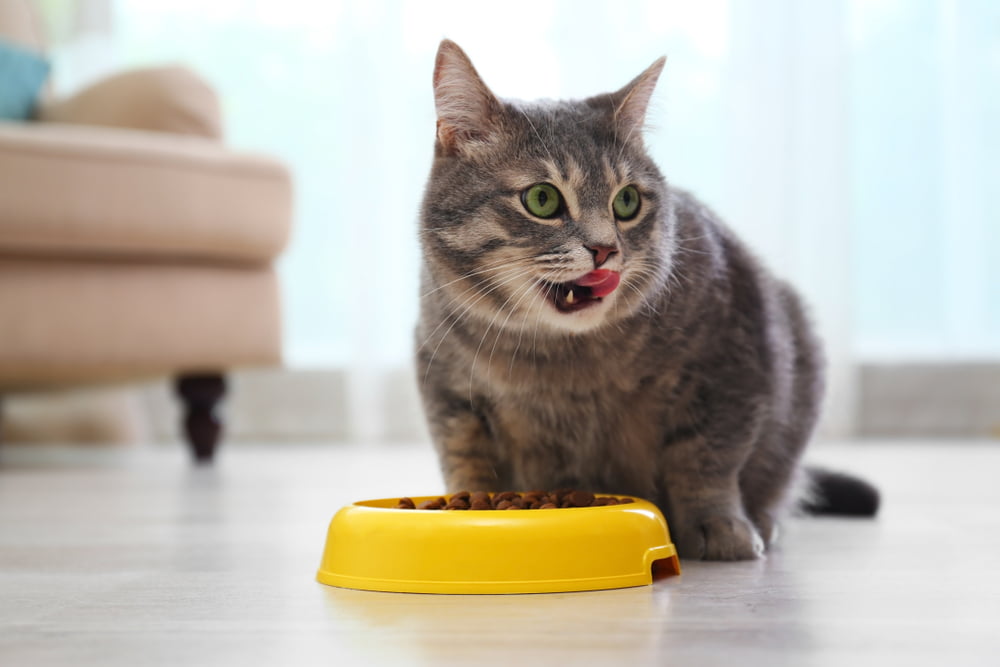
This blog post shall be aimed at enlightening cat owners, animal lovers, and pet enthusiasts in the different categories of foods that are poisonous or harmful, and which no way should be fed to our feline companions. The compilation shall aid one in making better choices with your cat’s diet by creating awareness of these dangers.
What Foods Can Cats Not Eat
Cats are curious animals; most of the time, they get attracted to acquiring bites of human food. However, the majority of everyday foods can be dangerous for their health. Knowing what they shouldn’t eat is quite essential to health. Here is an ultimate list of foods dangerous to cats and why they should be kept out of reach.
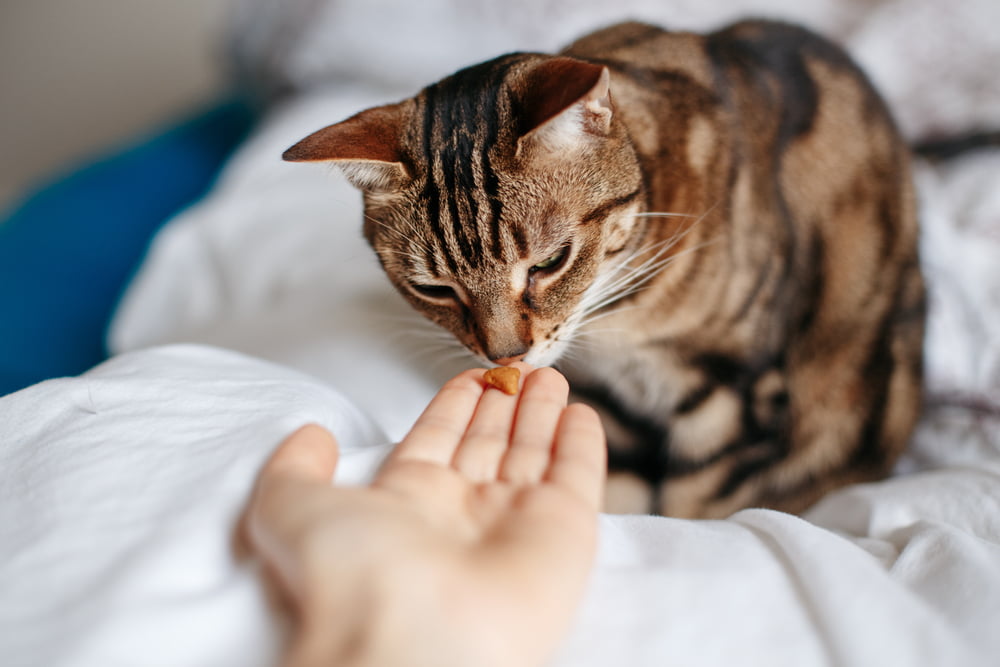
➡️ Chocolate
Never give your cat chocolate because of the neurotoxin, theobromine, for which cats have no kind of defense system. Even tiny amounts may be very dangerous and hazardous to their health: cardiac problems, muscular spasms, and convulsive seizures. Keeping chocolate out of reach for cats is essential for their health.
➡️ Onions and Garlic
Onions and garlic contain certain compounds that have been known to be responsible for red blood cell damage in cats, possibly resulting in anemia. Both raw and cooked forms are harmful. Much like onions, garlic can cause oxidative damage to red blood cells. Avoid all forms since they can cause serious danger.
➡️ Alcohol
Even small amounts of alcohol are highly poisonous to cats. The exposure can lead to vomiting, diarrhea, lack of coordination, difficulty in breathing, and even the potential for death. It’s considered that even very little amounts of it might provoke strong intoxication with depression of the coordination and breathing functions.
➡️ Caffeine
Caffeine is highly toxic to cats. Even small amounts can lead to restlessness, hyperactivity, vomiting, increased heart rate, tremors, and seizures, and can be fatal. Keep all products containing caffeine well out of reach.
➡️ Grapes and Raisins
Grapes and raisins are extremely harmful to cats. It only takes a small amount to cause kidney failure. It is not known exactly why, but the symptoms include vomiting, diarrhea, depression, and loss of appetite. If your cat ingests any, seek veterinary care immediately.
➡️ Xylitol
It is worth noting xylitol is highly found in sugar-free products, which may create serious hypoglycemia—low blood sugar—leading to seizures, liver failure, and finally death. While some research showed that cats could be less sensitive than dogs, it is of prime importance to forbid access to all products containing this ingredient; vomiting, lethargy, and seizure are the symptoms. Keep all products containing xylitol out of reach from your feline friend.
➡️ Raw Eggs
Feeding your cat raw eggs may pose several risks to his health. Besides being carriers of nasty infection-causing bacteria like Salmonella and E. coli, raw egg whites contain the protein avidin that binds to the very vital B vitamin called biotin for its proper absorption into the body, thus leading to skin and coat problems. Vomiting, diarrhea, and lethargy are just some of the symptoms associated with bacterial infection. All these dangers can be avoided in the best possible manner by simply denying your cat raw eggs.
➡️ Bones
Bones can be dangerous to cats because of the fact that they may splinter and result in blockages or tears in the digestion tract, which might prove fatal. The worst bones to feed are cooked as they are most likely to shatter into pieces of sharp fragments. Moreover, bones have the potential danger of choking and causing dental damage. Thus, it is significant to keep the cat away from bones and always go for safe treats recommended by the vet.
➡️ Milk and Dairy Products
Most adult cats are lactose intolerant, lacking the enzyme to break down lactose, a sugar in milk. The result of this is that dairy is likely to induce digestive upsets such as vomiting, diarrhea, and gas. In addition to that, dairy products are rich in fat. This can help supply feeding for obesity and related health problems. It is best not to feed your cat milk or any other type of treats made from dairy-based products, as these may not always be good for your cat’s health.
➡️ Nuts
Sometimes nuts are dangerous to cats because they are rich in fat and thus can provoke gastrointestinal upset and pancreatitis. Some nuts, like macadamia nuts, are poisonous. This causes weakness, vomiting, and hyperthermia. Such nuts could also result in choking or intestinal obstruction.
Keeping your cat far away from these foods is very essential for health and longevity. Knowing the hazards and keeping inaccessible will help you never see serious health complications in your feline friend but instead enjoy a safe and happy one. Always consult your veterinarian for any dietary concerns.
Importance of a Balanced Diet to Your Feline
A balanced diet supports the health of any cat. The nutritional requirements of cats are special and are not similar to those of other pets. Good nutrition helps in growth, energy, and overall well-being. A proper intake of protein, essential fatty acids, vitamins, and minerals can ensure a proper weight condition, greatly support immune function, and also help in the luster of the coat. Choosing high-quality cat foods for cats ensures that such demands are met and that your feline is deriving all the necessary nutritional elements for optimal health.

Besides the necessity of learning what to feed a cat, one should always follow the rule what foods can cats not eat. The reason behind this rule is that there are foods that might seem harmless or even sumptuous for them, like chocolate, onions, and garlics; but it turns out later on to be highly toxic and really can cause very serious illnesses in cats. Knowing what a cat isn’t supposed to eat will protect them from dangers and set them off on a quality life. Always consult a veterinarian on food advice.
Role of Protein in Cat’s Diet
Protein should be the foundation of your cat’s diet. They are obligate carnivores and need a source of high-quality protein to be healthy. Since they are evolutionarily meat eaters, they are unable to easily convert plant-based proteins into usable forms of the essential amino acids their bodies use. These amino acids have to be available in abundance for the building of, repairing, and maintenance of tissues, and for the manufacture of enzymes that support important organs such as the heart.
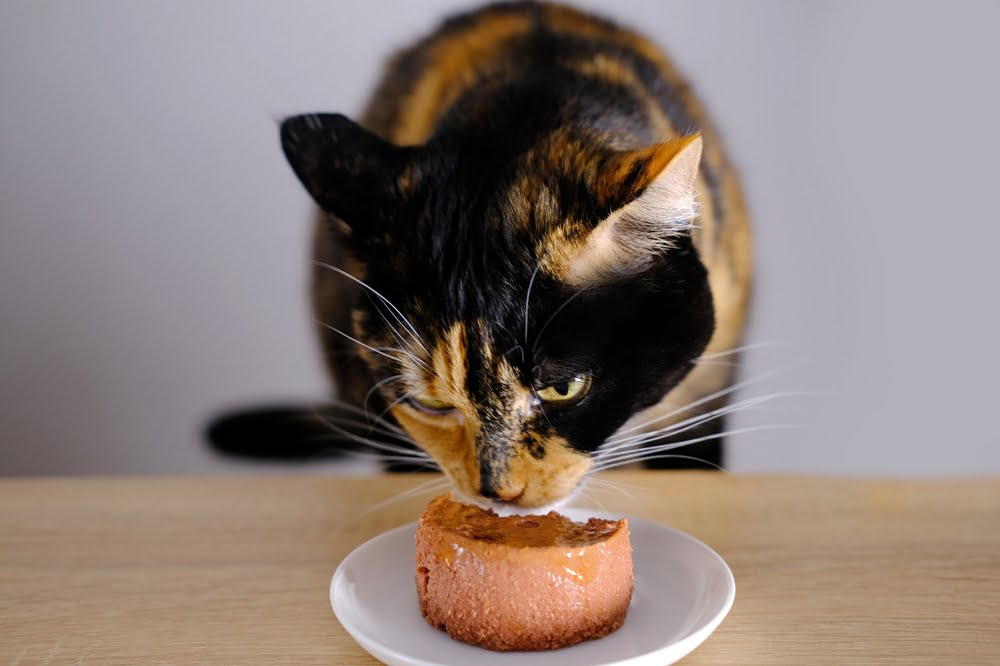
Protein deficiency may provoke serious health problems, such as muscle wasting, stunted growth, reproductive failure, and depressed immune response. It, therefore, remains that cat foods rich in protein need to be considered while avoiding those that are deficient in essential amino acids. This is where understanding what foods can cats not eat becomes crucial. Foods such as onions, garlic, chocolate, and grapes, to mention but a few of human foods, are not only low in the essential nutrient aspect with regard to cats but can also turn out to be even toxic in nature. It is, therefore, very important that the basis of their diet emanates from a protein-rich intake of safe animal origin for your feline health.
Healthy Food for Cats
Cats are obligate carnivores; their diet should therefore predominantly consist of animal-based protein. Although commercial cat foods are nutritionally balanced, there is no doubt that feline owners find it especially delightful to occasionally feed their cats human foods as special treats. It’s very important to know what’s safe and what to avoid.
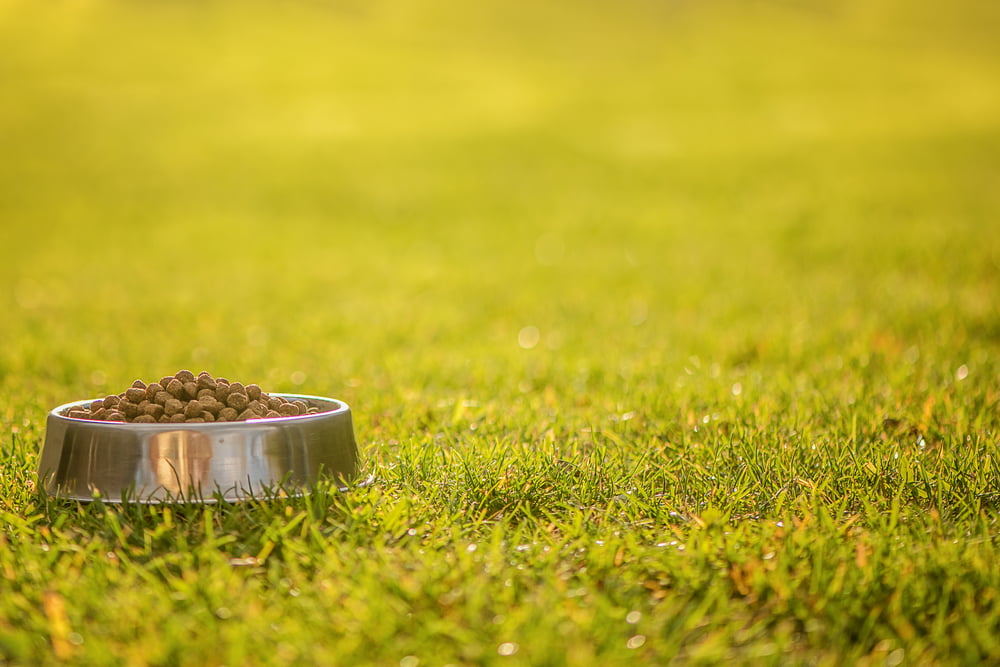
Some low-fat proteins—chicken breast, turkey, fish—and a few fruits and vegetables can complement a well-rounded cat diet and not just be meat. Some good, safe treat examples include the following: unseasoned, cooked chicken or turkey, cooked carrots, and small amounts of blueberries or watermelon. Remember to always remove seeds and skins from fruits and veggies before giving to Kitty.
While there are some human foods in and of themselves that seem to be readily safe for cats, research into what foods can cats not eat is a necessity in order to help bypass health problems. Onions, garlic, chocolate, grapes, and milk products represent a group of highly poisonous substances to cats and are better kept out of their dietary intake.
Impact of Processed Foods on Feline Health
Processed cat foods can be convenient but with certain flaws in the health of the feline. Extreme processing removes many important nutrients including taurine and some vitamins, thereby causing deficiencies; excessive carbohydrate and filler content of some commercial food may brew obesity and diabetes; some artificial additives, preservatives, and flavorings disturb allergy-prone or digestive-defective cats.
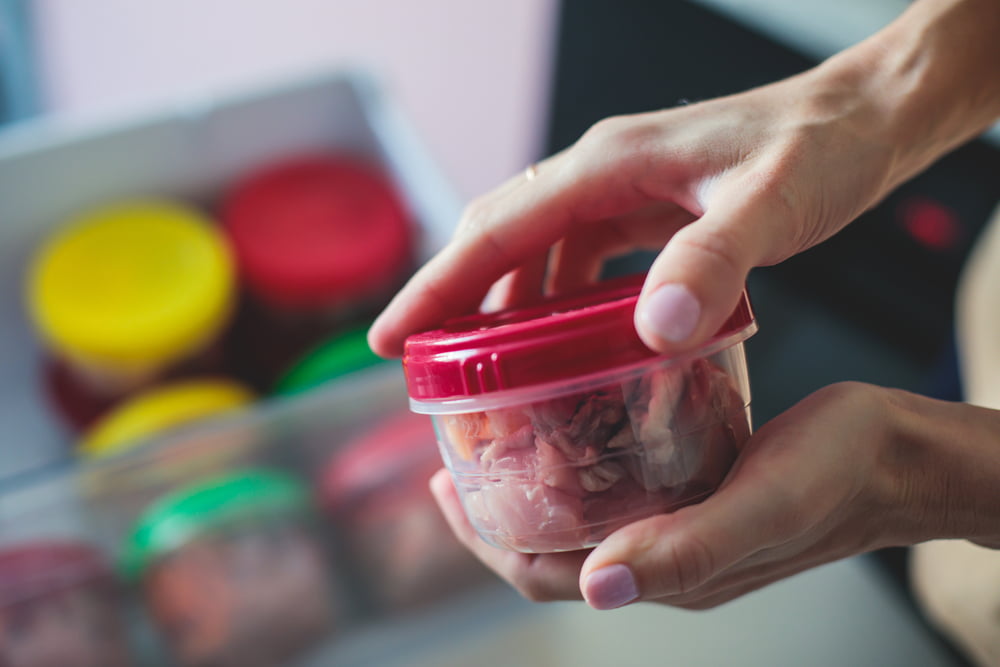
On the other hand, well-financed brands do invest in research and technology to come up with high-quality processed foods that can actually meet cats’ nutritional needs. These foods are also subject to very tight quality controls with regard to safety and balance.
Choose reputable brands, although other critical factors should be taken into consideration—the ingredient quality, nutritional content, and your cat’s specific needs—while choosing processed food.
FAQ
Are There Any Human Foods Safe for Cats to Eat?
There are numerous foods a cat should not eat, all of which are bad for their health. They include chocolates, onions and garlic, raisins and grapes, alcohol and caffeine, dairy products, raw eggs, and cooked bones. The things a cat may ingest can generate minor digestive garbage, reaching higher degrees of damage, serious conditions such as kidney failure or anemia. Therefore, it is very important for a cat owner to know what foods can cats not eat in order to ensure that they protect their welfare and feed them safely and appropriately.
What Should Be Done If the Cat Accidentally Eats Something Toxic?
In case your cat ingests something poisonous, never waste a moment. First, be calm and observe the situation. Find out what substance the cat ingested and check on how the cat is showing signs of vomiting, diarrhea, lethargy, etc. Immediately contact your vet or an emergency animal poison control hotline for guidance. Give them details of what occurred. Induce vomiting only when instructed to. If at all possible bring a sample of the toxic substance or package for referencing. Monitor your cat’s behavior, since changes can occur, and ask for further treatment from your vet. Quick action may be very important to ensure the health and safety of your cat.
Are There Any Fruits or Vegetables That Are Healthy for Cats?
Yes, some fruits and vegetables may even be good for cats and involve only those that are very occasional. These include cooked carrots, peas, and pumpkin, which help your cat to digest its food better. Other safe options include blueberries and bits of banana or cantaloupe, full of vitamins. Onions, grapes, and raisins contain certain toxic compounds and should not form any part at all in your cat’s diet. Always introduce new foods slowly, and consult with your veterinarian for advice. Do ensure that the fruits and vegetables being fed are fitting for any special health needs your cat may have.
What Do Cats Love To Eat?
Being carnivores by nature, cats are designed to thrive on meaty foods that are rich in nutrients. They are high-protein animals that require sources to include chicken, beef, fish, and turkey. While most commercial foods for cats contain the needed ingredients, most cats love wet foods because they are richer in flavor and varied in texture. Individual cats develop definite preferences based on taste or texture, and some even exhibit brand loyalty. This does not mean, however, that everything human beings are taking in is safe for cats. It would thus be important to encourage them with what will interest them by having a clear understanding of what do cats love to eat? in regard to their diet so it remains relevant and healthy.
Nurturing Your Cat’s Health with Perfect Choices
Keeping your cat healthy means more than merely refilling their bowl regularly; it also bears knowing their dietary requirements and which foods are bad for them. If you want to be a good fur parent, then you should know what foods can cats not eat, since the general foods one consumes daily pose a critical danger. Choose high-quality cat food and healthy treats, and you will be pleasing kitty’s taste buds while keeping them safe.
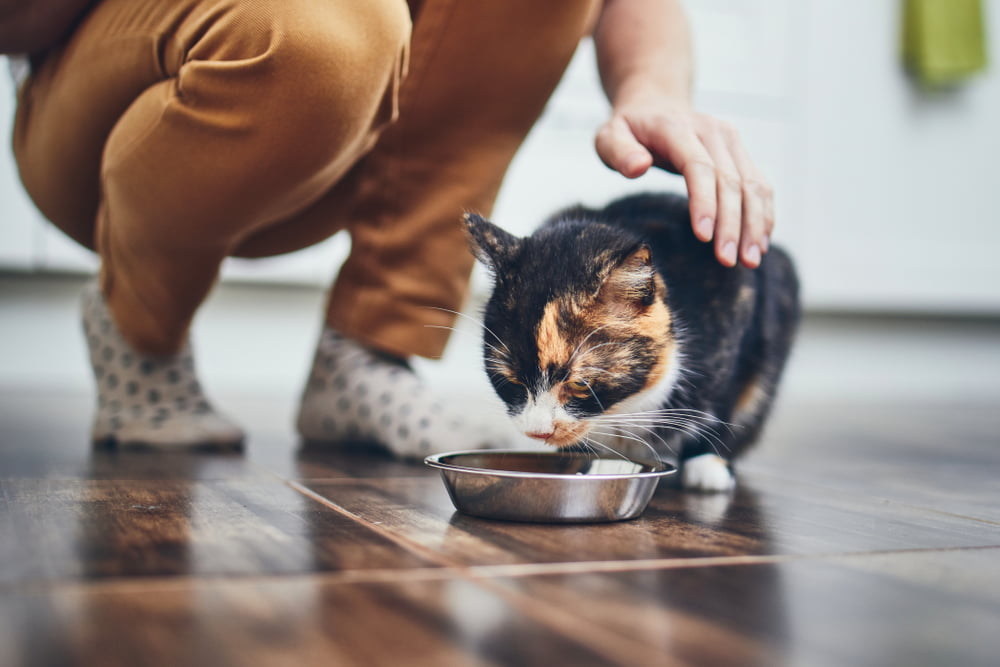
Other than keeping away from the actual no-gos on the most toxic foods list, it is also good to introduce some variations of safe ones to stimulate their appetite. Fresh, lean meats and cat treats from the market can make mealtime very enjoyable for cats without compromising their health. One should, however, consult with your veterinarian regularly in personalizing diets like these so they stay healthy while entertaining their taste buds. A balanced approach to feeding is the best way to get a happier, healthier feline companion.
Further Reading
Treat your feline friend to the best care possible! Our blog is full of expert tips on how to help you create a happier and healthier life for your kitten. Dive into these articles to get started:
● How Long Does Cat Food Last | All You Need In One Complete Guide
● Infection From Food: What Causes Gastroenteritis In Cats?
● Effective 10 New Best Cat Food For Sensitive Stomach Vomiting
